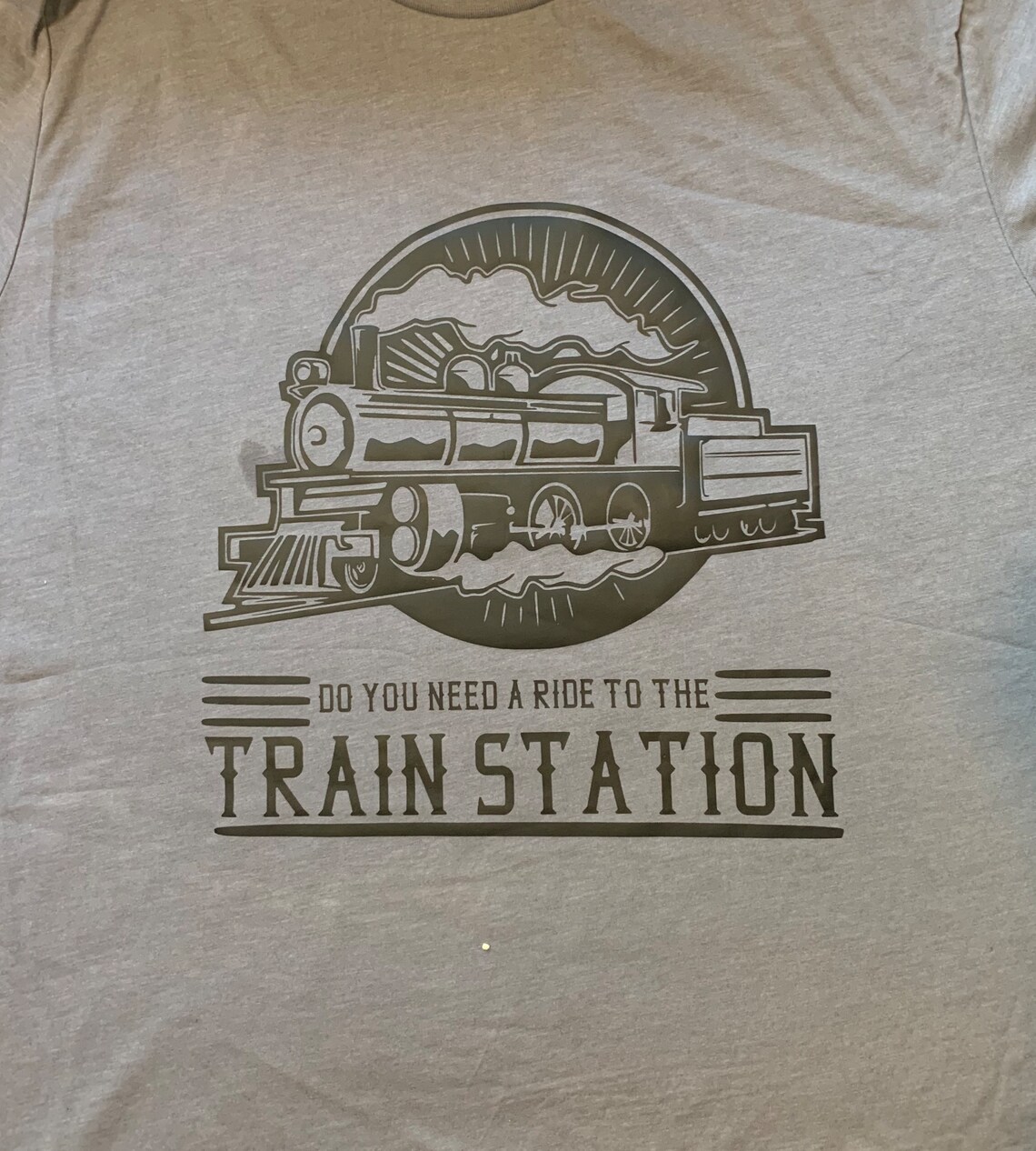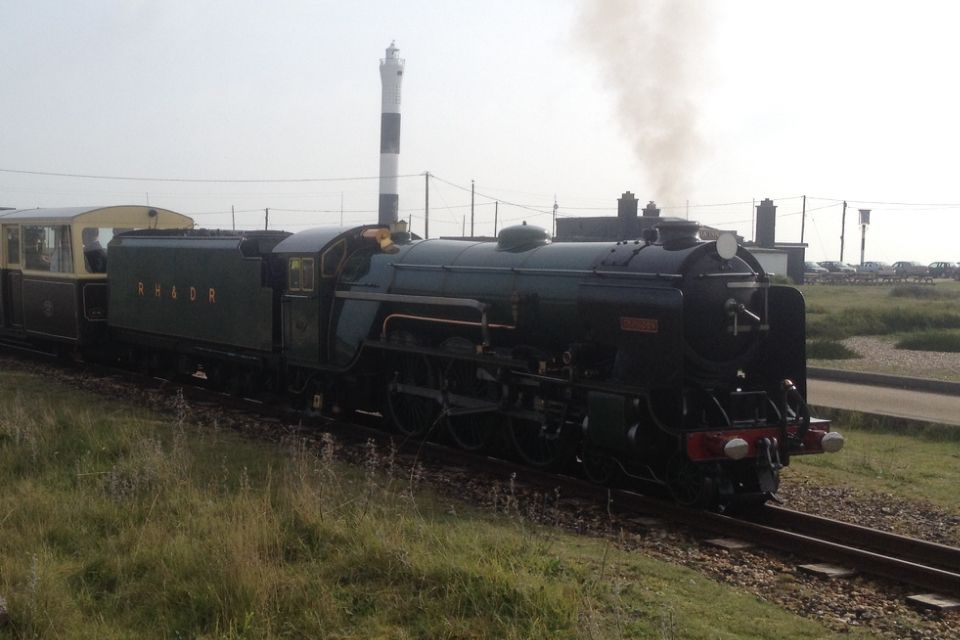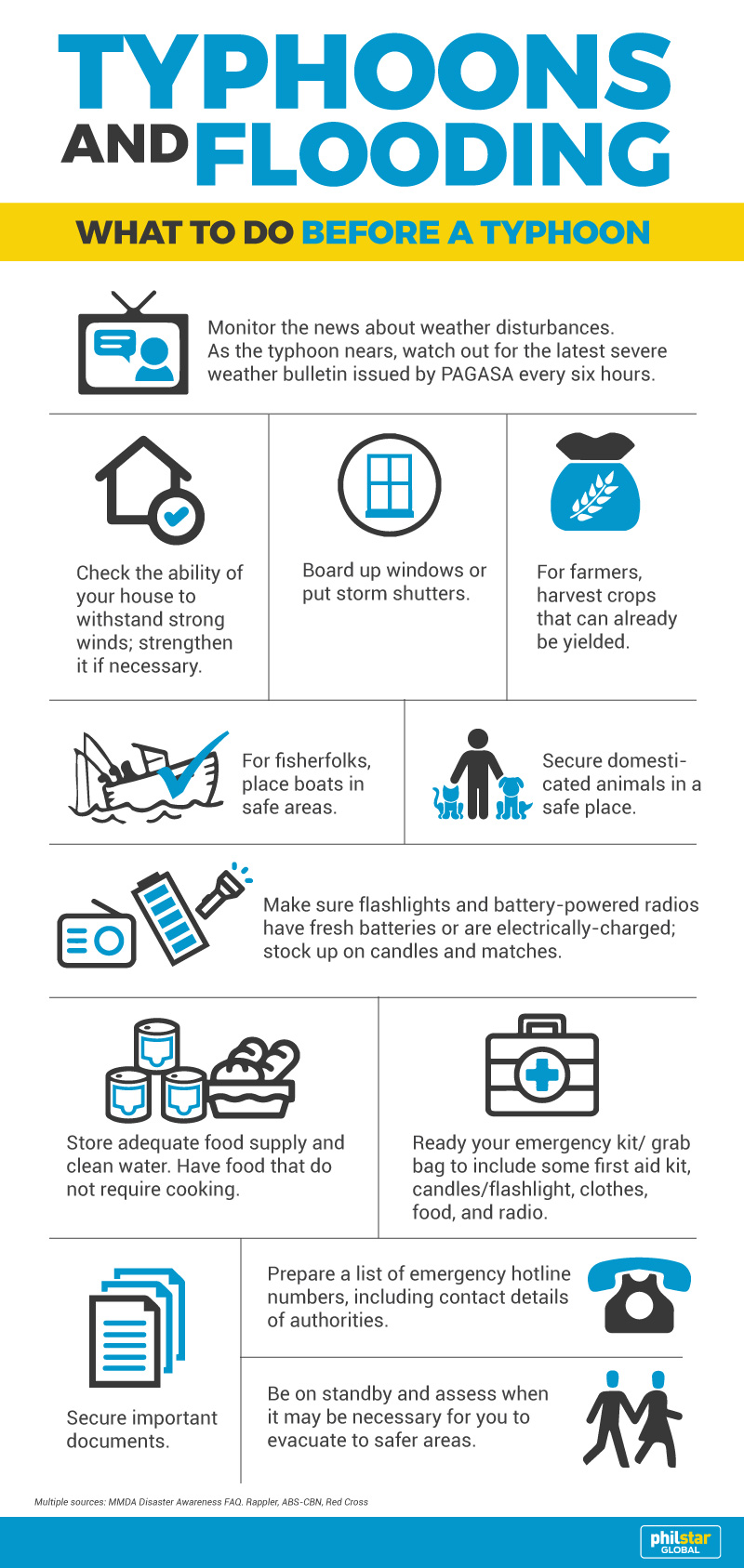Riding the Train During a Typhoon: What You Need to Know
If you’ve ever found yourself in Japan during a typhoon, you may wonder, “What should I do if I need to ride the train during a typhoon?” Well, you’re not alone. Typhoons are a common occurrence in Japan, and the efficient train system is a lifeline for many. In this guide, we’ll walk you through everything you need to know to navigate the trains safely and confidently during a typhoon.
Understanding the Typhoon Season

Before we dive into what to do during a typhoon, it’s crucial to understand the typhoon season in Japan. Typically, this season spans from May to October, with the peak occurring between July and September. Typhoons can bring heavy rainfall, strong winds, and even flooding, making it essential to be prepared.
Staying Informed

The first step in preparing for a train journey during a typhoon is to stay informed. The website is an excellent resource for up-to-date information on typhoons and their impact on train services. By following their dedicated section on “If I need to ride the train during a typhoon, what should I do?” (translated as “Nếu tôi cần đi tàu trong cơn bão, tôi nên làm gì?”), you can keep yourself well-informed and plan your journey accordingly.
Checking the Train Status

On the day of your planned journey, it’s crucial to check the status of the train services. You can do this by visiting the official website of Japan Railways or using dedicated mobile apps that provide real-time updates. Remember to input your departure and arrival stations to get accurate information.
Alternative Transportation Options

During a typhoon, train services may be delayed or suspended, so it’s wise to consider alternative transportation options. Taxis and buses are viable choices, although they can be pricier than trains. Car rentals are another option if you have a valid driver’s license and are comfortable driving in adverse weather conditions.
Packing Essentials

When you venture out during a typhoon, it’s essential to pack accordingly. Here’s a checklist of items you should have with you:
- Umbrella: A sturdy, wind-resistant umbrella is a must.
- Waterproof Clothing: Invest in a good-quality raincoat or waterproof jacket.
- Comfortable Shoes: Wear shoes that can handle wet and slippery conditions.
- Fully Charged Devices: Ensure your phone and other devices are fully charged for communication and navigation.
Staying Safe at the Station
Once you arrive at the train station, prioritize your safety. Follow these guidelines:
- Stay Informed: Check for station announcements and monitor information boards for updates.
- Avoid Crowds: Try to keep a safe distance from crowded areas.
- Be Patient: Be prepared for delays, and maintain a calm and patient attitude.
In the Train
When you’re onboard the train during a typhoon, remember these tips:
- Hold On: Grab a handrail or seat handle to maintain balance in case of sudden jolts.
- Listen to Announcements: Pay close attention to in-train announcements for any route changes or disruptions.
- Stay Seated: If possible, stay seated to minimize the risk of injury during sudden stops or turbulence.
Frequently Asked Questions (FAQ)
Q1: What if my train is delayed or canceled due to the typhoon?
A1: In case of delays or cancellations, stay at the station, and follow station staff instructions. Consider alternative transportation options if necessary.
Q2: Can I get a refund for my train ticket if it’s not usable due to the typhoon?
A2: Most rail companies in Japan offer refunds or ticket exchanges in case of service disruptions due to severe weather conditions.
Q3: Is it safe to travel during a typhoon?
A3: It’s generally not recommended to travel during a typhoon unless it’s absolutely necessary. Your safety should be the top priority.
Remember, safety should always be your priority when traveling during a typhoon. Keep yourself informed, be flexible with your plans, and follow the guidance of authorities. By following these tips, you can navigate the train system in Japan confidently, even in the face of a typhoon.
For more detailed information and real-time updates, be sure to follow for their comprehensive coverage of “If I need to ride the train during a typhoon, what should I do?”.
Key words
- jobs in japan 2024
- living in japan 2024
- what should do in japan 2024
- tour around japan 2024

No Responses